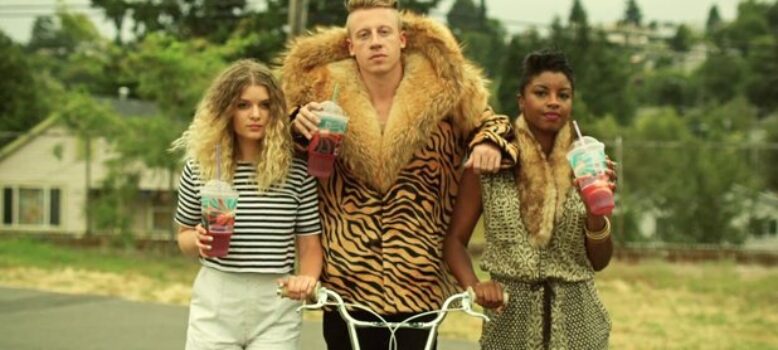

On Sunday afternoon this tweet caught my eye.
"If you're White and you've posted a GIF or meme of a Black person to express a strong emotion, you may be guilty of wearing 'digital blackface,'" writes John Blake | Analysis https://t.co/KlHkWWHq6x
— CNN (@CNN) March 26, 2023
That is one hell of a headline! It got my attention that’s for sure and it seems to have sparked a conversation but don’t look at the comments on Twitter. It’s just a bunch of white people using GIFs and memes of black people as a way of sticking it to the man.
I encourage you to read the whole article before making up your mind on the topic but here are a few of my takeaways from it:
What is digital blackface?
Digital blackface is a practice where White people co-opt online expressions of Black imagery, slang, catchphrases or culture to convey comic relief or express emotions.
These expressions, what one commentator calls racialized reactions, are mainstays in Twitter feeds, TikTok videos and Instagram reels, and are among the most popular Internet memes.
Digital blackface involves White people play-acting at being Black, says Lauren Michele Jackson, an author and cultural critic, in an essay for Teen Vogue. Jackson says the Internet thrives on White people laughing at exaggerated displays of Blackness, reflecting a tendency among some to see “Black people as walking hyperbole.”
…
…critics say digital blackface is wrong because it’s a modern-day repackaging of minstrel shows, a racist form of entertainment popular in the 19th century. That’s when White actors, faces darkened with burnt cork, entertained audiences by playing Black characters as bumbling, happy-go-lucky simpletons. That practice continued in the 20th century on hit radio shows such as “Amos ‘n’ Andy.”
Can you feel that? That’s a lot of people getting uncomfortable all at the same time.
Full disclosure, my initial reaction was “this is some bullshit clickbait. Ain’t nobody got time for that!” Then I read the article and paused.
I emailed it two of my friends who are activist types who are people of color and asked them for their thoughts. (This is my “I have black friends” moment)
Both asked for time to assemble their thoughts. They had never thought of it before in such a deliberate manner but could understand the concern and validity of the concern.
One of them responded (paraphrasing) “Joe, you know I am not black but I have always shied away from using black gifs because I don’t feel it represents me. I only use them when I have to.”
Enter my white privilege.
I had never once considered that those gifs of black people do not represent me. Everything represents me. I’m white!
My gradual and continued education on matters of society continues. I used to use a lot of hurtful slang terms to describe my friends at the expense of the LGBTQ community or people with intellectual disabilities. Now I don’t.
3 years ago, I didn’t know what a “micro-aggression” was, but now I’m cognizant of them in my day-to-day life.
Acknowledging your flaws as a human is not an easy task, but it’s an important one. The first step toward fixing any problem is acknowledging there is a problem in the first place. And that is something we should all have time for.
Joe Williamson
Bald Canadian who didn’t play hockey until he was in his mid-thirties. Die hard Raptors fan who proudly admits he wept when they won it all. Loves talking parenting, politics, and all things pop culture.








